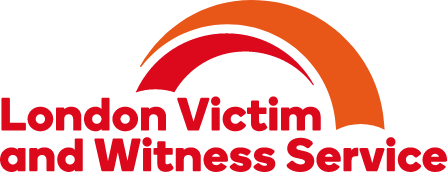Physical abuse
Physical abuse or violence can include:
- pushing
- hitting or punching
- kicking
- choking
- using weapons.
Verbal abuse
Verbal abuse is the use of harsh or insulting language directed at a person. You might be called names, be shouted at, humiliated, patronised, ridiculed or constantly put down by your partner or family member.
Emotional abuse
Emotional abuse or coercive control is when a person with whom you are personally connected, repeatedly behaves in a way which makes you feel controlled, gaslighted, dependent, isolated or scared.
Coercive control is now a criminal offence under the Serious Crime Act 2015.
Common examples of coercive control are when someone:
- isolates you from your friends, family or support network
- controls your finances
- monitors or restricts your movements
- monitors or restricts your social media
- repeatedly puts you down, calls you names or tells you that you’re worthless
- accuses you of things that you haven’t done
- threatens you, your child or someone you love with harm
- publishes, or threatens to publish, personal information or images
- damages your belongings or home
- makes you question what is actually happening.
Mental abuse
Psychological or mental abuse is when someone is subjected or exposed to a situation that can result in psychological trauma, including:
- anxiety
- depression
- self-harm
- eating disorders
- lack of confidence and self-esteem
- post-traumatic stress disorder.
Sexual abuse
Sexual abuse or sexual violence is when you’re forced or pressured to have unwanted sexual activity without your consent. This could include:
- penetrative sex or rape
- touching
- groping
- being forced to watch pornography
- being forced to perform a sex act
- being forced or coerced into having sex with others.
Online and digital abuse
Abusers often use technology as a form of control. This could include:
- using GPS or spyware to track you
- monitoring your social media accounts
- monitoring the social media accounts of your friends, family, or employer
- accessing your emails, social media or phone messages
- accessing games consoles or other children’s devices in the home
- sharing intimate photos or videos without your consent (this is sometimes called ‘revenge porn’).
Economic and financial abuse
Economic abuse is very common. Leaving an abusive situation is even more difficult without access to money. It’s another way for abusers to increase their control over to you.
Signs that you’re experiencing economic abuse could include:
- being stopped from going to work or education
- making you account for any money you spend
- checking your bank statements or online banking
- keeping the household income in an account you can’t access
- putting debts in your name
- spend whatever they want, but not letting you spend anything
- making all the financial decisions without you.
